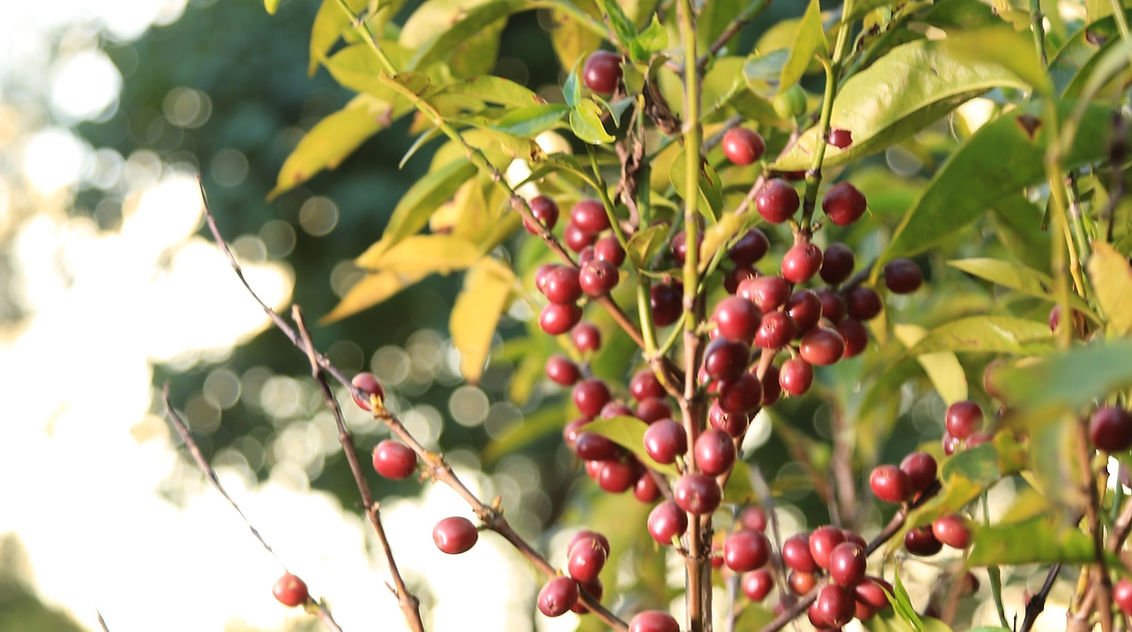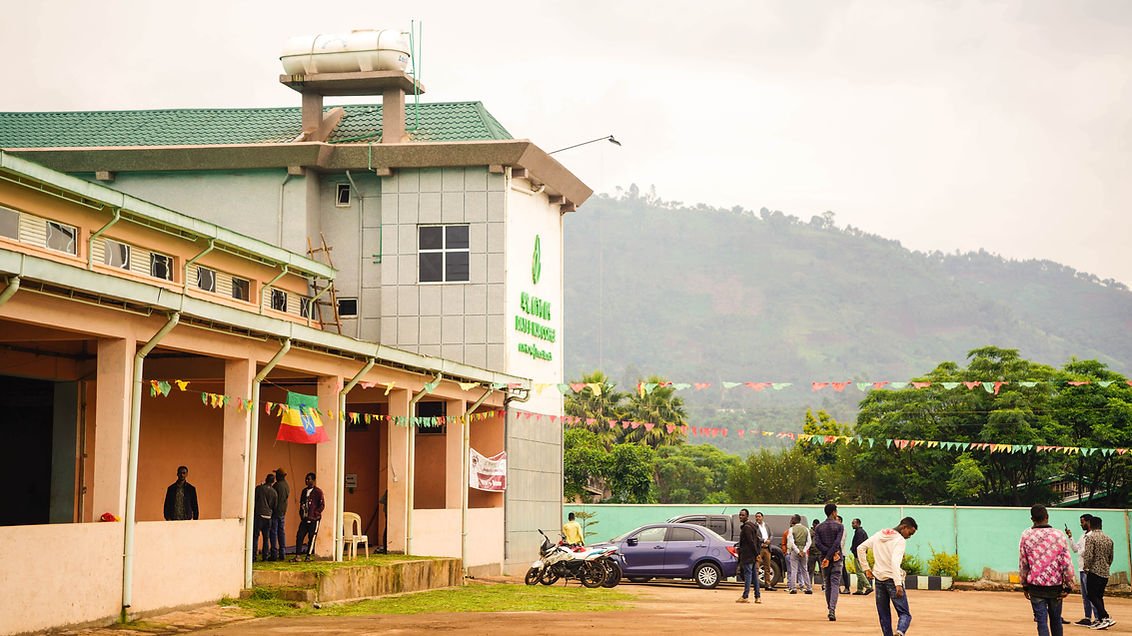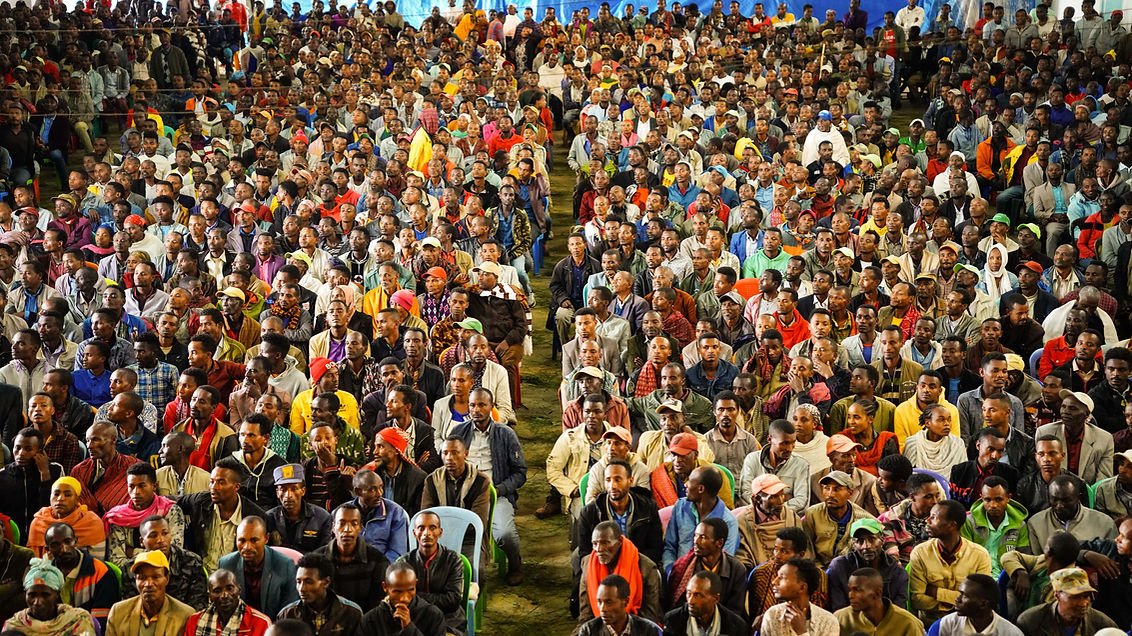Feature Espresso: Damo | Ethiopia
Key origin info:
Producer: Small-holder farmers from nearby Damo station
Processed at: Damo station owned and managed by Daye Bensa
Region: Sidama
Altitude: around 1860-260 masl
Varietal: Local landrace varieties
Process: Natural, dried over 12-15 days on raised beds
Exporter: Daye Bensa | Importer: Falcon Speciality
Cup profile: Creamy body, blueberries & Turkish delight
More about Damo & Daye Bensa:
This lot come from the Damo station, one of the stations in Sidamo owned and managed by the team at Daye Bensa.
Founded on the slopes of the Shanta Golba mountain, with an elevation of 1860 – 2160 MASL. Damo Station acquires red cherries from nearby farmers and processes in a variety of ways. Equipped with eco-friendly depulping and pressure sorting machinery dedicated for washed coffee & fermentation tanks for anaerobic processing. The station provides working opportunities for 100 people and provides the main income for nearby farmers during coffee harvesting seasons and pays 20-30% more than the average amount for coffee producers.
Coffee in this area grows under the natural shade canopy of native trees such as False Banana, Cordia Africana, Passiflora Edulis and Eucalyptus.
381 smallholders contributed cherry to this lot, all of whom have farm between 2-5 hectares in size. This season (2022/23) farmers were paid 70-80 Ethiopian Birr/kg, with an additional off season payment of 3-5 Birr/kg.
This lot is processed as a natural. Cherries are sorted based on density and quality by floating in large water tanks. After floatation, the cherries heavy (good quality cherries) are transferred to African raised beds with mesh nets. The coffee is then rotated every 30 minutes for even dryness and to control fermentation. The average drying time takes about 12-15 days based on the temperature and humidity. Then the dried cherries are stored in warehouses prior to being prepared for export and dry-milled before shipping.
Traceability is extremely important during the production of micro lots. The record-keeping book is carefully handled and separation of lots is key to guaranteeing the highest level of quality. When the cherries are received they are separated by village, the coffee is then kept separate throughout drying, processing, and storage, with labels stating the delivery dates, farm name, lot number, and more details related to the particular lot. They also run an out-growers program that benefits farmers with an off-season payment on top of the harvest fee and have been active in working to improve the farmers’ living situations and standards, with healthcare access, utilities, education and transport infrastructure. Additionally, Daye Bensa are working with the school principals in the villages surrounding the farms, providing basic school materials for the students.
Having enjoyed a number of delicious coffees from the Daye Bensa team over the last couple or years, we are delighted to add one more lot to the feature espresso line-up. The benchmark has been set high for Ethiopian natural earlier in the year and we are happy to confirm that this lot delivers on all accounts. It’s super sweet and floral with coating creamy body and blueberry notes.
Big thanks to Daye Bensa and Falcon for this coffee and traceability information.





